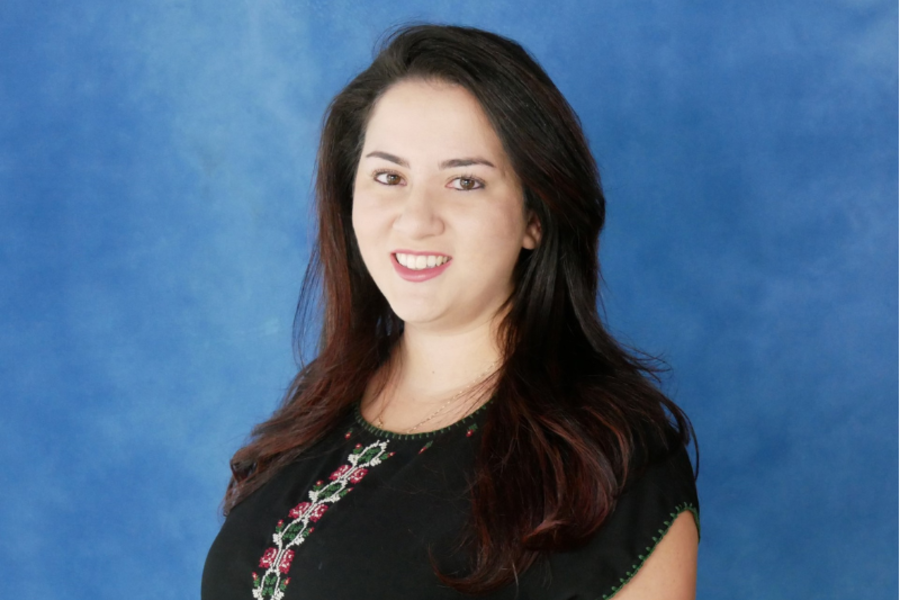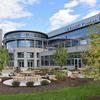
Genetic counseling is the process of providing individuals and families with information on the nature, mode(s) of inheritance, and implications of genetic disorders to help them make informed
medical and personal decisions. Though only up to 10% of cancer is due to hereditary causes, genetic counseling is a crucial component in the fight against cancer, providing individuals with
valuable insights into their genetic predisposition to the disease.
A genetic counselor is a health care professional who is specifically trained to identify hereditary risks of certain diseases through the study of genetics and help the patients understand those results and the implications on themselves/their families.
Tamam Khalaf is a trained genetic counselor who recently began working at the CAMC Cancer Center. She works closely with patients evaluating family history, genetic testing results and lifestyle
factors to provide a comprehensive risk assessment.
Khalaf has a bachelor’s degree from the University of Toronto in biochemistry and Masters in Genetic and Genomic Counseling from Cardiff University in the United Kingdom. She also is a board member of the Arab Society of Genetic Counselors.
“I am so glad to offer this care to our community,” Khalaf said. “Genetic counseling is essential. Not only are genetic counselors able to support the science behind genetic testing and go over
complicated genetic concepts in a simple way, but we also offer significant psychosocial support to the patient.”
Adult patients are identified by their referring physicians, or by a screening tool sent by the genetic counselor. A comprehensive cancer genetic risk assessment includes evaluating the family history, counseling and a discussion of the genetic testing options and possible test results.
Once the results of testing become available, the genetic counselor reviews the findings with the patient and discusses appropriate cancer screening and risk-reducing recommendations.
“I’m here to support patients as they navigate the extremely complicated world of genetics,” Khalaf said. “The study of genetics changes constantly; I can offer patients the support and guidance in understanding the genetic test or the need for a genetic test based on their family history as well as understanding the implications of the genetic testing for them and their families.”
For more information, call the CAMC Cancer Center at (304) 388-8380 and ask to speak to the genetic counselor. Referrals can also be made through Cerner.





